
AllQuestion and Answers: Page 459
Question Number 181450 Answers: 2 Comments: 0
Question Number 174145 Answers: 0 Comments: 0
Question Number 174144 Answers: 1 Comments: 0
Question Number 174143 Answers: 2 Comments: 5
Question Number 174133 Answers: 0 Comments: 2

Question Number 174131 Answers: 0 Comments: 3

Question Number 174127 Answers: 1 Comments: 0
Question Number 174124 Answers: 0 Comments: 7
Question Number 174118 Answers: 1 Comments: 0
Question Number 174117 Answers: 1 Comments: 0
Question Number 181440 Answers: 0 Comments: 0

Question Number 181439 Answers: 1 Comments: 0

Question Number 181438 Answers: 2 Comments: 1
Question Number 181437 Answers: 2 Comments: 0
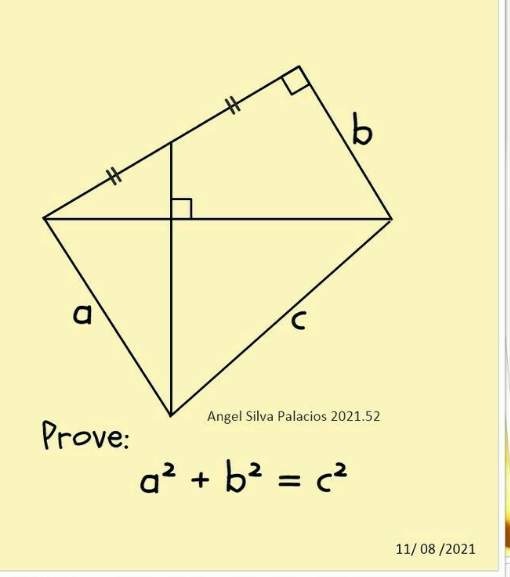
Question Number 181435 Answers: 0 Comments: 0
Question Number 181432 Answers: 1 Comments: 5
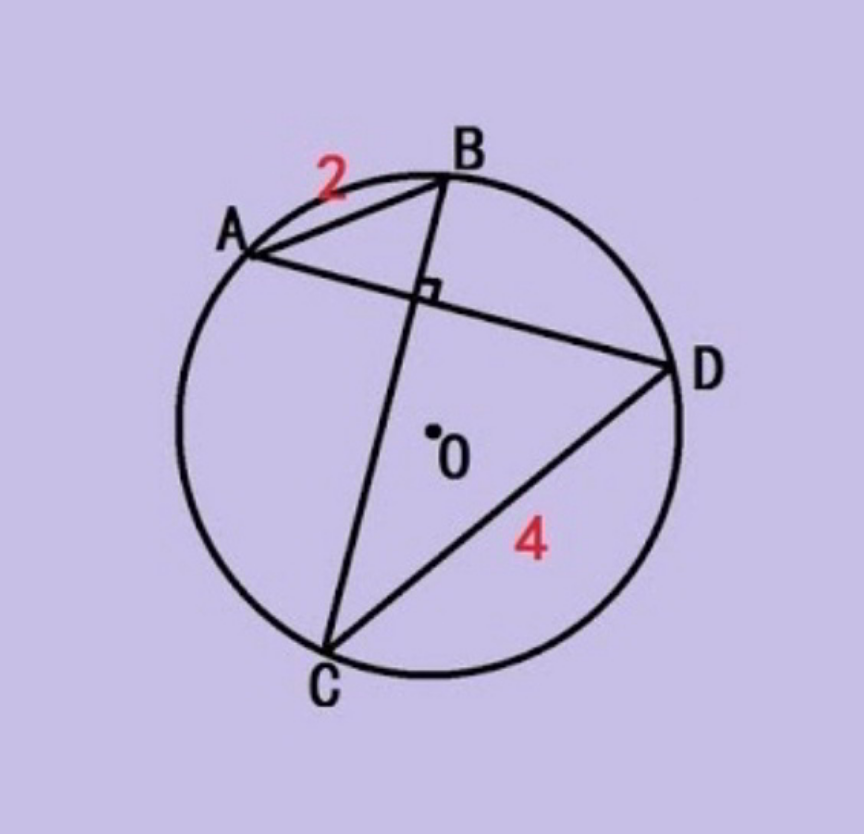
Question Number 174096 Answers: 2 Comments: 0
Question Number 174094 Answers: 1 Comments: 0
Question Number 174095 Answers: 0 Comments: 0
Question Number 174084 Answers: 2 Comments: 1
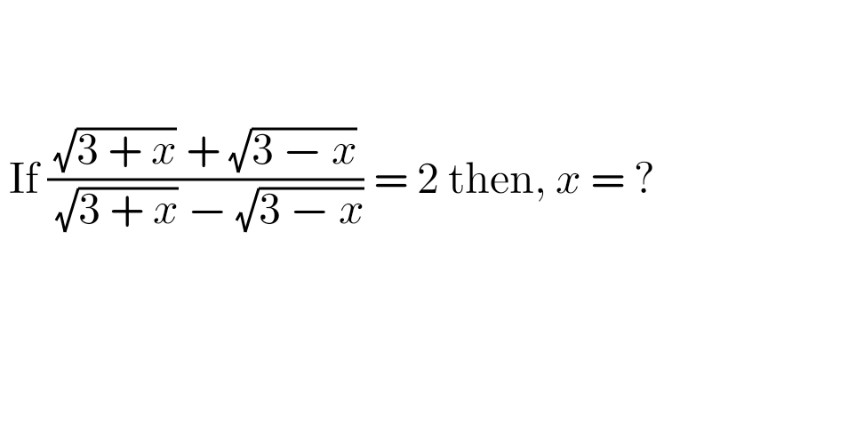
Question Number 174074 Answers: 1 Comments: 1

Question Number 174071 Answers: 2 Comments: 0
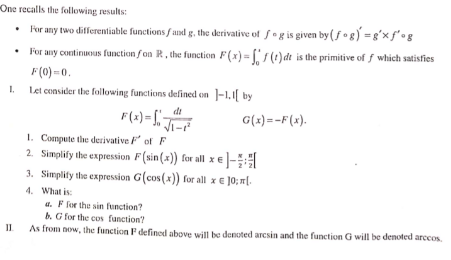
Question Number 174069 Answers: 1 Comments: 1
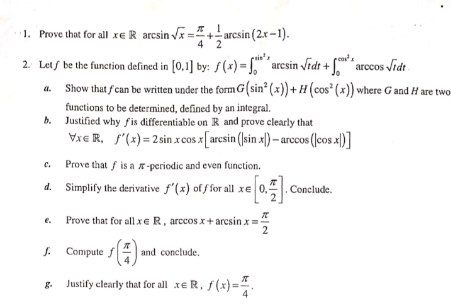
Question Number 174092 Answers: 2 Comments: 0
Question Number 174062 Answers: 2 Comments: 3
Question Number 174059 Answers: 2 Comments: 3
$${if}\:{x}^{\mathrm{3}} +{y}^{\mathrm{3}} +\mathrm{3}{xy}=\mathrm{1},\:{then}\:{x}+{y}=? \\ $$
Pg 454 Pg 455 Pg 456 Pg 457 Pg 458 Pg 459 Pg 460 Pg 461 Pg 462 Pg 463
